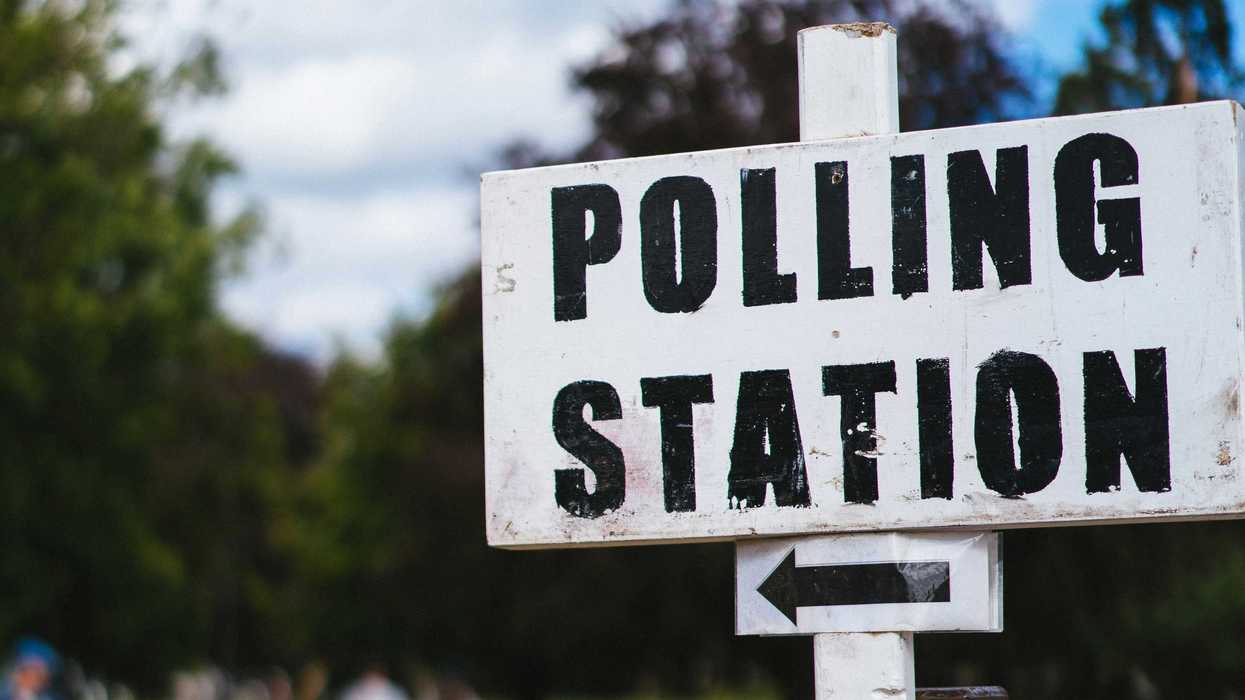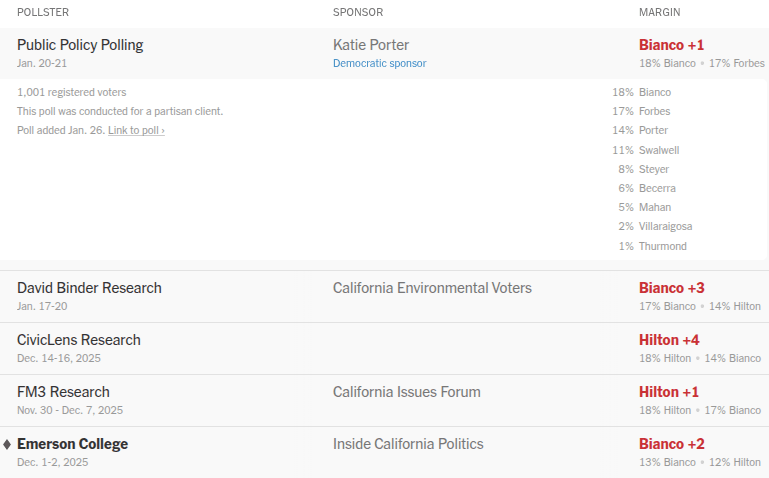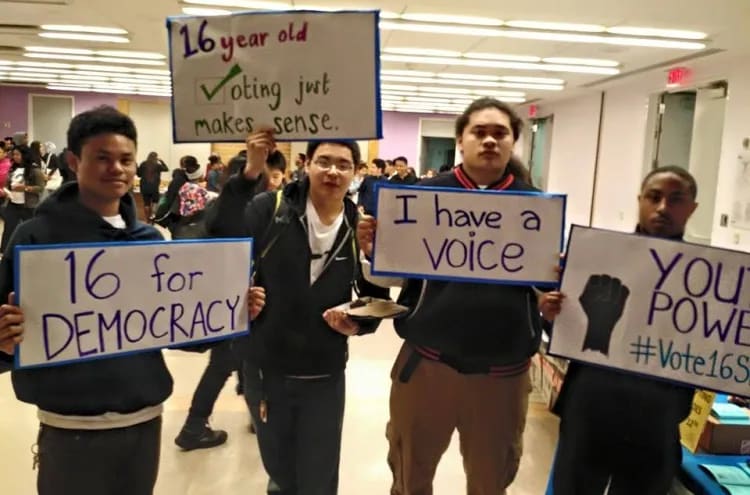Frazier is a recent graduate of the University of California, Berkeley School of Law and the Harvard Kennedy School.
We, the people, are the drivers of our democracy. But we’re no longer behind the wheel. Parties seized control and are steering us in a dangerous direction.
It’s time for us all to have the “talk” with anyone and everyone who cares about the future of our democracy. As a country, we’ve reached that special age where the consequences of our actions are solely our responsibility. We’re no longer that new democracy on the block that can blame its blunders on a lack of maturity.
Rather than birds and bees, we need to talk about R’s and D’s and what parties are doing to our democracy. We need to specifically talk about our mutual obligation to one another – as co-sovereigns over this great country – to register as “no party preference” or whatever the equivalent is in our respective jurisdictions.
Perhaps we, the people, were tired when we gave the keys to our democracy to parties. We had just fought for decades to free ourselves from out-of-touch and distant rulers who had little interest in our well-being and instead prioritized their own accumulation of power. So when parties offered us a chance to rest our eyes – to delegate decisions such as who would run our democracy and where they’d take us – we willingly switched to the passenger seat. “We’ll switch back at the next rest stop,” we thought.
Hundreds of miles later, parties are still in control and we, the people, are effectively sovereigns in name only. In states like Oregon, one party controls every stage of the electoral process. In that blue state, voters unaffiliated with the Democratic Party have no meaningful role in the selection of statewide officials. Thanks to a closed primary system, only registered Democrats can participate in the initial (and, in most cases, determinative) stage of the election – the candidate Democrats select in the primary almost always wins the general election.
Parties also rarely share the same goals as we, the people. Their main goal is to retain power, not to make sure they’re solving problems or communicating with constituents. Consider that incoming lawmakers are instructed to spend at least half of their day fundraising. If parties really were in our corner and truly wanted to address pressing issues – corruption, climate change and unequal access to economic opportunity, etc. – would they order officials to dial for dollars while they could be coordinating and collaborating to actually get work done?
Our democracy was designed to prevent state-based loyalties from undermining national progress. Our Founding Fathers feared that representatives would struggle to reach compromises that may benefit one state over another, which is why they designed the House and Senate in ways that would counteract the ability of a single state and its representatives to control our government.
The original design of our democracy did not include checks and balances with respect to extreme partisanship or party-based loyalties. It follows that parties are akin to an invasive species – something non-native to an environment that can wreak havoc when left unchecked.
We, the people, can no longer claim to be ignorant of the negative effect of parties on our democracy. We’re smart enough to identify candidates who should run for office; we’re aware of the problems in our community that need to be prioritized; and we’re capable of being back in the driver seat of our democracy.
It’s time for a new version of the "talk." We need to wake up to the fact that our democracy has been taken over by parties. The first step to taking back control is asserting our independence – registering as “no party preference.” As the ranks of NPPs grow, parties will have less and less authority to exercise our sovereign power.
Go have the talk. Find a friend. Tell them that we, the people, have a sovereign responsibility to care enough about our democracy to make independent decisions. Then, contact your secretary of state or election office and take that critical first step of reclaiming our position as the drivers of our democracy by freeing yourself from undying party loyalty.






















